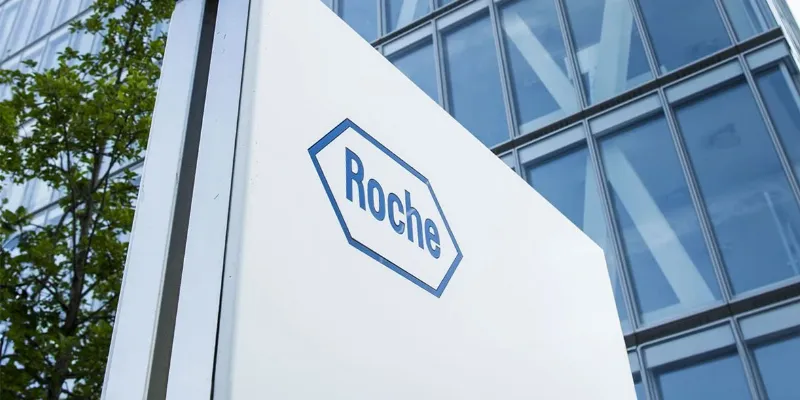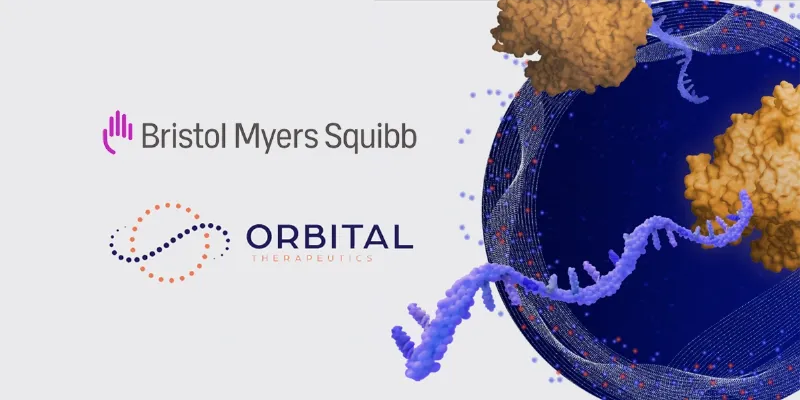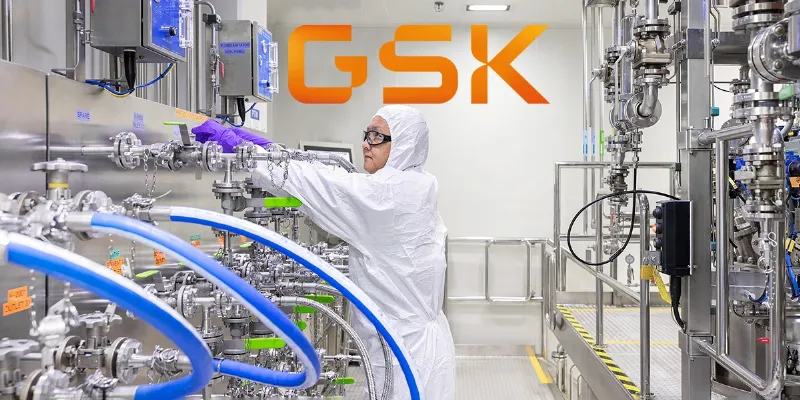Unprecedented Results for Alecensa: A Paradigm Shift in Lung Cancer

19 October 2023
Roche's drug Alecensa shows groundbreaking results in the Phase III ALINA study for non-small cell lung cancer (NSCLC) patients, reducing disease recurrence risk by 76% compared to traditional chemotherapy. Described as "unprecedented" by experts, this development may revolutionize early-stage lung cancer treatment, especially for ALK-positive cases, offering a promising alternative to existing therapies.
Unprecedented Findings
Roche unveiled results from the ALINA study, which has been evaluating Alecensa in patients with a specific type of non-small cell lung cancer (NSCLC). The results showed that Alecensa has the potential to remarkably reduce the risk of disease recurrence or death by 76% compared to platinum-based chemotherapy, a current standard therapy. Moreover, the drug also indicated an improvement in the central nervous system's disease-free survival.
"Unprecedented" is how Levi Garraway, CMO and head of global product development at Roche's subsidiary, Genentech, described Alecensa's impact. These findings, according to Benjamin Solomon, an oncologist at the Peter MacCallum Cancer Centre in Australia, "represent a paradigm shift" in early-stage lung cancer treatments, particularly for ALK-positive cases.
Lung Cancer Landscape
Lung cancer remains one of the primary causes of cancer-related deaths worldwide. Non-small cell lung cancer, the type targeted by Alecensa, constitutes about 85% of all lung cancer cases. Given the prevalent recurrence of early-stage lung cancer post-surgery, even after adjuvant chemotherapy, the medical community has been on the lookout for treatments that can prevent relapse and offer a better chance for a cure.
The ALINA Study In-Depth
The ALINA study was designed as a randomized and open-label trial, comparing Alecensa with an active control group undergoing platinum-based chemotherapy. The primary endpoint was disease-free survival (DFS), a metric that remains immature for now, with median DFS at 41.3 months for the chemotherapy group. Notably, Alecensa demonstrated a safety profile consistent with past trials and had fewer patients (5.5%) discontinuing treatment due to side effects compared to the 12% in the chemotherapy arm.
Roche plans to share a comprehensive analysis of ALINA at the upcoming European Society of Medical Oncology (ESMO) Congress 2023 and will engage in discussions with regulatory bodies, including the FDA, about the data.
Roche's announcement of Alecensa's potential was closely followed by its Q3 financial results. The company reported a 7% growth in overall sales for Q3 2023, with Alecensa contributing CHF 368 million, a 7% increase from the previous year.
A Study Comparing Adjuvant Alectinib Versus Adjuvant Platinum-Based Chemotherapy in Patients With ALK Positive Non-Small Cell Lung Cancer
Brief Summary: This randomized, active-controlled, multicenter, open-label, Phase III study is designed to investigate the efficacy and safety of alectinib compared with platinum-based in the adjuvant setting. Participants in the experimental arm will receive alectinib at 600 mg orally twice daily (BID) taken with food for 24 months. Participants in the control arm will receive one of the protocol specified platinum based chemotherapy regimens for 4 cycles. Following treatment completion, participants will be followed up for their disease until disease recurrence. At the time of disease recurrence, participants will enter a survival follow-up until death, withdrawal of consent or study closure, whichever occurs earlier.











Comments
No Comments Yet!